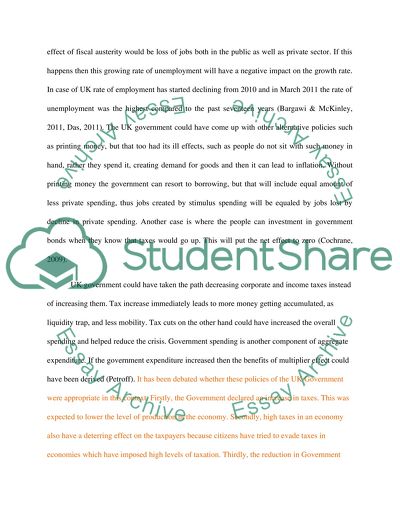Cite this document
(“The U.K Governments Policy of Deficit Reduction Essay”, n.d.)
The U.K Governments Policy of Deficit Reduction Essay. Retrieved from https://studentshare.org/macro-microeconomics/1434097-the-uk-governments-policy-of-deficit-reduction
The U.K Governments Policy of Deficit Reduction Essay. Retrieved from https://studentshare.org/macro-microeconomics/1434097-the-uk-governments-policy-of-deficit-reduction
(The U.K Governments Policy of Deficit Reduction Essay)
The U.K Governments Policy of Deficit Reduction Essay. https://studentshare.org/macro-microeconomics/1434097-the-uk-governments-policy-of-deficit-reduction.
The U.K Governments Policy of Deficit Reduction Essay. https://studentshare.org/macro-microeconomics/1434097-the-uk-governments-policy-of-deficit-reduction.
“The U.K Governments Policy of Deficit Reduction Essay”, n.d. https://studentshare.org/macro-microeconomics/1434097-the-uk-governments-policy-of-deficit-reduction.


